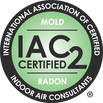Mike's Home Inspector BlogMichael Burfitt |
|
While I pride myself on being incredibly thorough in my inspections, the simple fact is that we home inspectors simply do not have the time to document every single issue within a home: as much as I am proud of being meticulous, I know it is important to maximize my time by focusing more effort on the big issues that greatly impact safety, efficiency and/or have a significant financial impact. Here are some examples of where I focus my attention:
Roof I recently did an inspection where the roof was not visible from ground level and was approximately 20 feet off the ground. It was a struggle to get a good look at it, but I am glad I took the time to do that. To put it nicely the roof was in very bad shape and needing a roofing contractor to evaluate it and replace the shingles as soon as possible. Not only are roof jobs expensive but contractors are usually booked well in advance and even small leaks can cause significant damage. Electrical I have previously touched on this in a past blog post: not only is a home’s electrical system very important from a safety point of view (electricity kills and electrical fires are far too common) but also from a functional point of view. Due to skyrocketing housing costs the average size of a household is growing along with their electrical needs. For example, a system designed for 2-3 people can encounter significant issues and require expensive upgrades to accommodate a household of 6. I also see a concerning lack of smoke and Carbon Monoxide (CO) detectors. Foundation While foundation cracks are very common and usually a result of simple settling (ALL buildings settle), some cracks can be symptoms of major structural problems that can cost well into the 5 figures to correct. Fortunately, while catastrophic problems are rare it goes without saying it is not something I want to miss. HVAC (Heating, Ventilation & Air Conditioning) There is no easy answer for what the best HVAC system is as every option has its pros and cons: in my home I have successfully replaced most of our electric baseboard heaters with a ductless mini split system, but this may not work for you. One area of concern for me is the large number of older systems still in use: while they can last for years to come, they could potentially fail at any time and do not take advantage of modern energy efficiency. Another thing to consider is that many homes in Nova Scotia do NOT have mechanical cooling. Given the recent hot and humid summers this is definitely something home buyers, especially those shopping outside of July and August should be aware of. Drains I can’t tell you how many homes I have inspected that are missing floor drains, particularly near washers located on the top level of a home. When we moved into our home, the water tank burst before we could arrange a replacement and we woke up to a flooded basement on day three as the drain was covered by rigid insulation (and that's another blog post!) and I did not yet get a chance to correct it. It can be difficult to add proper drains but at least a home buyer can be aware of the potential issues from a washing machine or water tank. This list is by no means exhaustive but merely a sample of what is important to be focused on during an inspection. I am not as concerned about finding the $100 issues as I am the $10,000 issues and how to identify a potential money pit or an unsafe home. 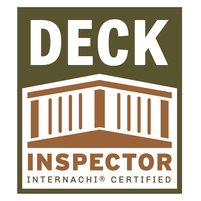 Below is an example of two support posts for decks that are from homes built in the same year. One is built correctly, and the other is not. Go ahead and scroll down now if you want to try and figure it out and come on back to find the answer. In this case, the deck on the left is how most homes I have inspected have looked and is incorrect. In Halifax, all decks that are attached to a home and those over 2 feet that are detached must have footings. This means that, just like a home’s basement or crawlspace, it needs to be buried below the frostline, or approximately 3 feet/1 metre. Why is it so important to have footings? A simple concept called frost heave. As water in the soil freezes, it expands and exerts pressure upwards on the post, leading to it raising or “heaving”. While it will drop back down in the Spring, the concern is that not only will it not settle in the proper spot (leading to uneven and unbalanced decks) but exerts pressure on the ledger board connection, where the deck is connected to the home. Contrary to popular belief, while permits are required in HRM and most locales, there is little correlation between deck failure and whether it was built with a permit. Upwards of 90% of decks fail because the deck separates from the home and falls to the ground. Furthermore, while not visible in this picture, the deck on the left is secured only with nails that can easily come loose unlike the right deck that is attached with proper bolts. COVID-19 restrictions are presently keeping large gatherings away from decks, but once large summer gatherings begin again there is an increased chance of deck collapses from decks weakened by frost heave. Please inspect your decks and if you have any concerns contact a qualified home inspector or contractor to ensure it is safe to use. |
Archives
July 2024
Categories
All
|
|
Inside Edge Home Inspections Ltd.
Halifax, NS 902-209-9921 [email protected] Proudly Serving the HRM & Central Nova Scotia |
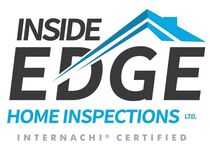
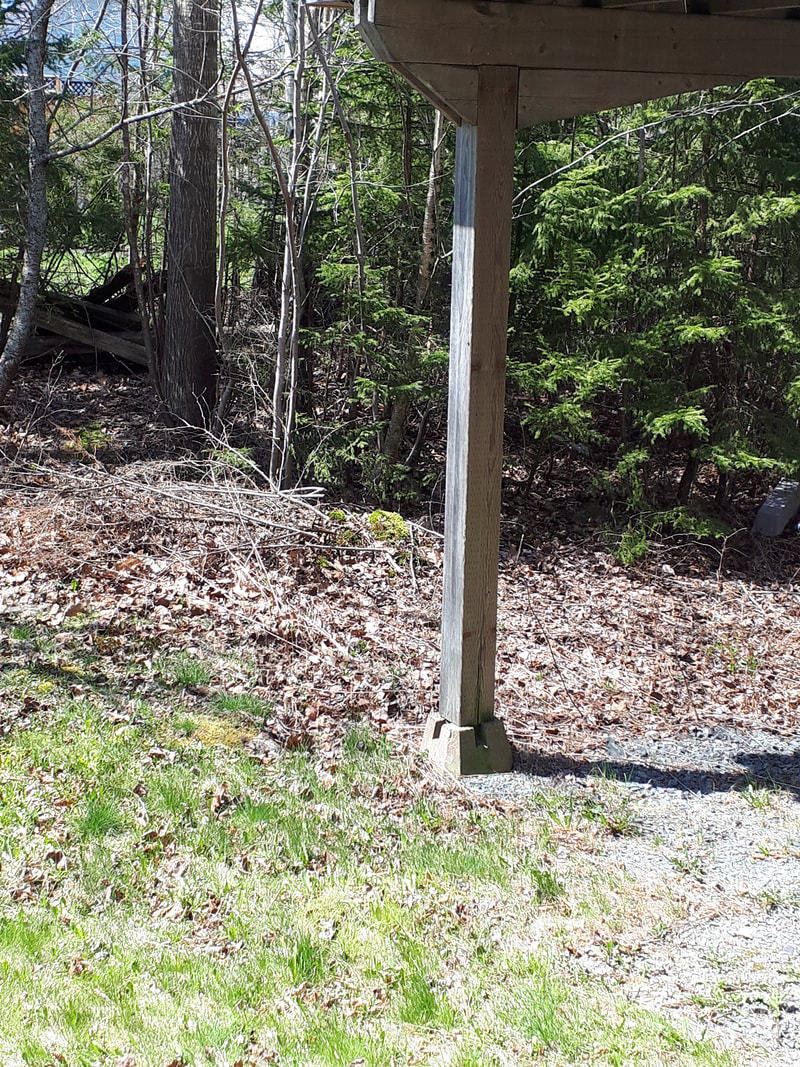
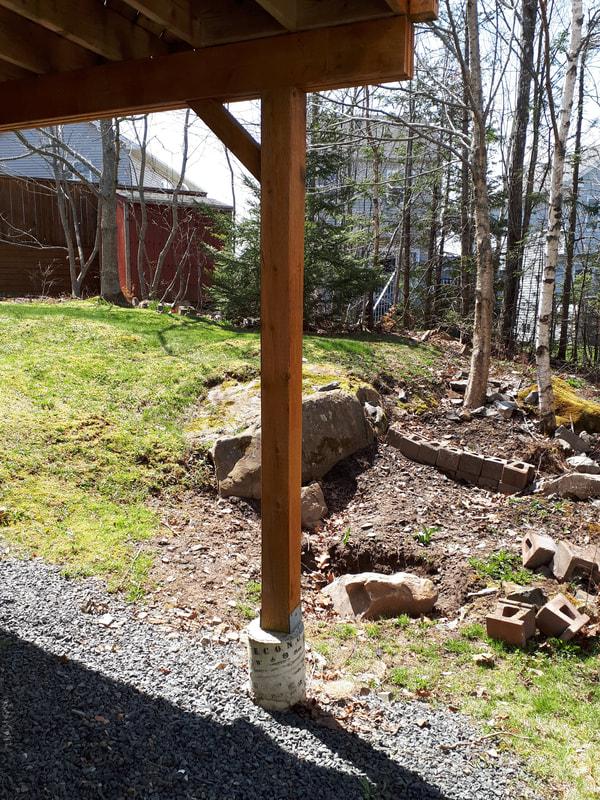
 RSS Feed
RSS Feed

